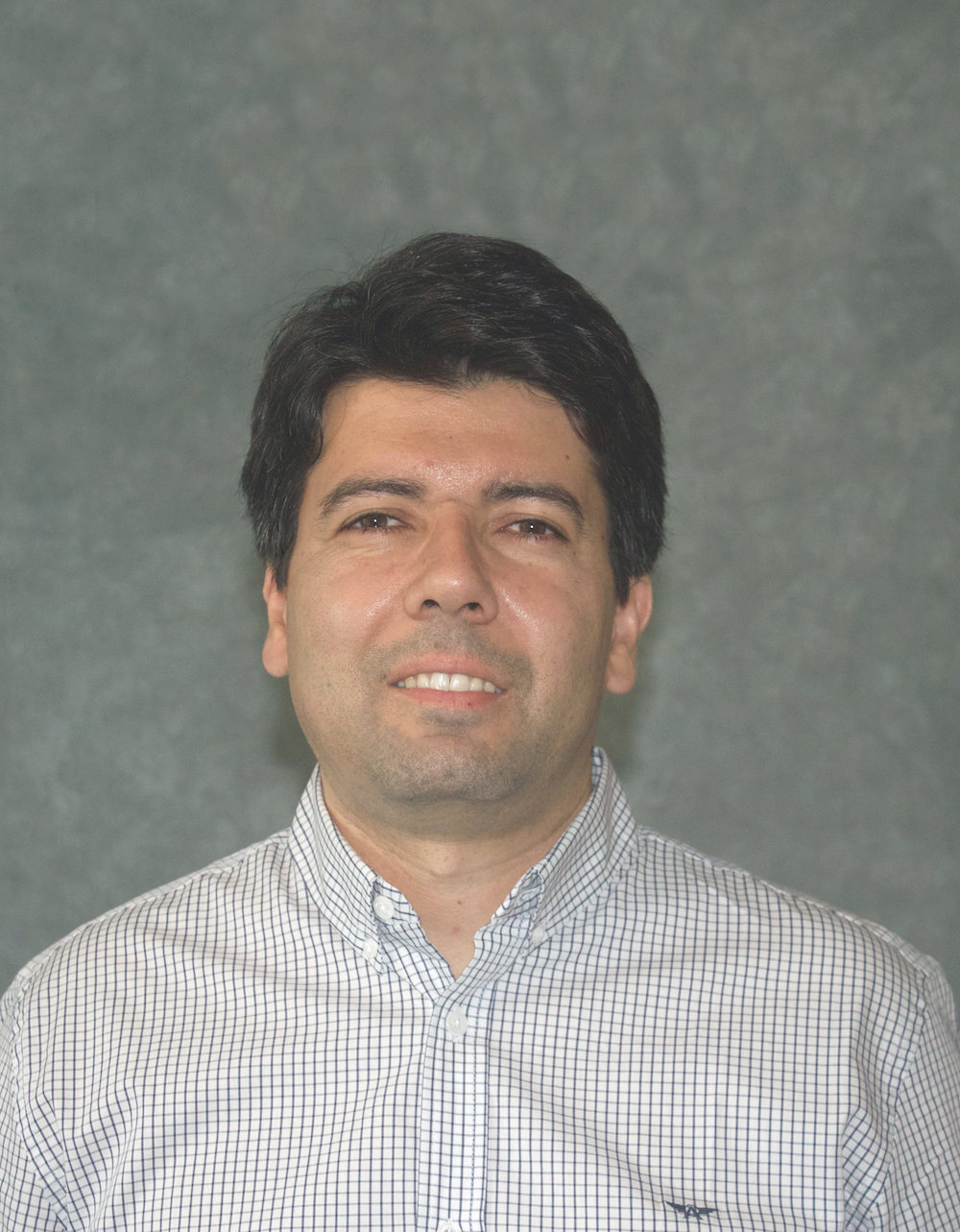Raslan Ibrahim
Associate Professor of Political Science and International Relations
Fraser 105D
585-245-5456
ibrahim@geneseo.edu
Raslan Ibrahim is an Associate Professor of Political Science and International Relations. His research interests include international relations theory, sovereignty, human rights, regional organizations, peace and conflict resolution, and international relations in the Middle East.
He is currently a visiting research fellow at the Geneva Graduate Institute in Switzerland for the 2024-2025 academic year. Previously, he was a Charles E. Scheidt Faculty Fellow in Atrocity Prevention at the Institute for Genocide and Mass Atrocity Prevention, Binghamton University, State University of New York (2021-22). He was also a research fellow at the Pontifical Catholic University of Rio de Janeiro and the Global South Unit for Mediation in Brazil.
Professor Ibrahim has taught at Haverford College, the University of Denver, the University of Colorado at Denver, Charles University in the Czech Republic, and Pontifical Catholic University of Rio de Janeiro in Brazil. He also has professional experience as a correspondent for the British Broadcasting Corporation (BBC Arabic) and the Israel Broadcasting Authority (IBA), covering Israeli and Palestinian affairs.

Curriculum Vitae
Publications
“Between War and Peace: The League of Arab States in the Middle East.” In Aigul Kulnazarova (ed.) The Palgrave Handbook of Global Approaches to Peace (Palgrave, Forthcoming).
“Teaching International Relations Theory from the Perspectives of the Middle East,” in Forum on Teaching International Relations from Global South Perspectives (Forthcoming).
“The Globalization Project of the League of Arab States,” in Elf Engel, Jens Herpolsheimer, and Frank Mattheis (eds.) Globalization Projects of Regional Organizations (Vandenhoeck & Ruprecht, 2025).
“A peace plan based on human rights”, The Conversation, August 2021. (Commentary)
“Towards a Westphalia for the Middle East” by Patrick Milton, Michael Axworthy, and Brendan Simms (New York: Oxford University Press, 2019) in Ethics & International Affairs (Spring 2020). (Book Review)
“A Human Rights Approach to Conflict Resolution,” Ethics & International Affairs, Volume 33, Issue 3, Fall 2019, 261-273 (with Claudia Fuentes-Julio).
“Human Rights and the Israeli-Palestinian Peace Agreements” in Claudia Fuentes Julio and Paula Drumond (eds.), Human Rights and Conflict Resolution: Bridging the Theoretical and Practical Divide (Routledge, 2018), 201-221 (With Edy Kaufman).
“Primary and Secondary Institutions in Regional International Societies: Sovereignty and the League of Arab States” in Tonny Brems Knudsen and Cornelia Navari (eds.), International Organization in the Anarchical Society: The Institutional Structure of World Order (Palgrave Macmillan 2018), 293-319.
“Regional Organizations and Internal Conflict: The Arab League and the Arab Spring,” (Global South Unit for Mediation: BRICS Policy Center, 2016).
Awards
Drs. Carol and Michael Harter Faculty Mentoring Award (2022)
2021-22 A.D. Scoones ’75 Faculty Incentive Award
Academic Affairs Awards for Outstanding Commitment to Geneseo’s Values
(Category of Learning). 2019
Fellowships
Charles E. Scheidt Faculty Fellow in Atrocity Prevention
Institute for Genocide and Mass Atrocity Prevention
Binghamton University, State University of New York (2021-22)
Post-doctoral Fellow
Pontifical Catholic University of Rio de Janeiro, Brazil
(2015-2017)
Research Fellow
Global South Unit for Mediation Fellowship
BRICS Policy Center
Rio de Janeiro, Brazil
(2015)
International Studies Association (ISA)
Chair, Committee on the Status of Engagement with the Global South, International Studies Association (ISA). March 2023 – March 2025.
At-Large Middle East/North Africa Representative
The Global South Caucus, International Studies Association (ISA). March 2022 – March 2024.
Education
B.A. Political Science and International Relations, Hebrew University of Jerusalem
M.A. International Relations, Hebrew University of Jerusalem
Ph.D. International Studies, University of Denver
